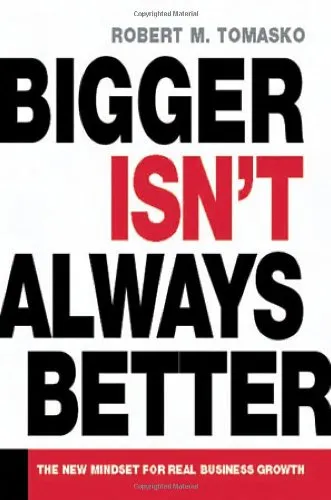Resource Abundance and Economic Development (W I D E R Studies in Development Economics)
4.0
Reviews from our users

You Can Ask your questions from this book's AI after Login
Each download or ask from book AI costs 2 points. To earn more free points, please visit the Points Guide Page and complete some valuable actions.Related Refrences:
Introduction to "Resource Abundance and Economic Development"
"Resource Abundance and Economic Development" is a compelling exploration of the paradox of plenty, also known as the "resource curse," which raises vital questions about why resource-abundant countries often fail to achieve sustainable economic growth. Edited by R. M. Auty, this book provides an in-depth analysis of the complex interplay between natural resource wealth and economic development, offering a nuanced narrative that challenges conventional thinking.
Through detailed case studies, data-driven research, and theoretical insights, the book investigates why resource abundance leads to divergent economic outcomes across countries. It examines the institutional, social, and political factors responsible for these disparities and presents actionable lessons for policymakers, economists, and development experts. Part of the WIDER Studies in Development Economics series, this book is a major contribution to understanding one of the most persistent puzzles in development economics.
Detailed Summary of the Book
At its core, "Resource Abundance and Economic Development" seeks to answer a critical question: why do some countries with vast natural resources thrive, while others struggle with stagnation and underdevelopment? The book is structured around essays and case studies contributed by leading experts in the field of development economics. It systematically examines the economic, institutional, and policy dynamics that determine the impact of resource wealth on growth.
One of the central arguments of the book is that resource abundance can lead to negative consequences if institutions are weak and governance is poor. This phenomenon is often reflected in over-dependence on resource exports, corruption, rent-seeking behavior, and a failure to diversify the economy. Conversely, countries with sound institutions and policies can harness resource wealth to support long-term development.
The volume is divided into thematic chapters, covering topics such as the Dutch disease, the role of institutions, fiscal policy implications of resource wealth, and lessons from successful resource-rich economies. Real-world examples from countries like Botswana, Venezuela, and Nigeria are analyzed to shed light on best practices and pitfalls to avoid.
Key Takeaways
- Resource wealth is not inherently a curse or a blessing—it depends on how it is managed.
- Strong institutions and governance are critical for converting natural resource wealth into long-term development gains.
- Diversification of the economy away from resource dependence is fundamental to sustainable growth.
- Case studies from both failed and successful economies provide valuable lessons for resource-rich countries.
- Policy measures like fiscal discipline, anti-corruption frameworks, and investment in human capital are indispensable for mitigating the risks of resource dependence.
Famous Quotes from the Book
"Resource abundance is not destiny. It is the quality of governance and the strength of institutions that define the trajectory of resource-rich economies." – R. M. Auty
"Economic diversification is not a luxury for resource-abundant countries—it is a necessity for survival in an increasingly competitive global economy."
"The so-called 'resource curse' is not an inevitability but a challenge to be addressed through sound policies and effective governance."
Why This Book Matters
"Resource Abundance and Economic Development" addresses one of the most pressing issues in development economics. In an era where many economies remain highly dependent on natural resources, the book provides vital insights into how to break the cycle of underdevelopment and leverage resources for inclusive growth. Through rigorous analysis and real-world case studies, it equips policymakers, academics, and practitioners with the tools they need to design effective strategies for resource-rich economies.
The relevance of this book extends beyond resource-abundant countries. It offers lessons that are applicable to any economy seeking to optimize its natural endowments while avoiding the pitfalls of mismanagement and over-reliance. As global challenges such as climate change and economic inequality intensify, the themes explored in this book are more important than ever.
Free Direct Download
You Can Download this book after Login
Accessing books through legal platforms and public libraries not only supports the rights of authors and publishers but also contributes to the sustainability of reading culture. Before downloading, please take a moment to consider these options.
Find this book on other platforms:
WorldCat helps you find books in libraries worldwide.
See ratings, reviews, and discussions on Goodreads.
Find and buy rare or used books on AbeBooks.
1393
بازدید4.0
امتیاز0
نظر98%
رضایتReviews:
4.0
Based on 0 users review
Questions & Answers
Ask questions about this book or help others by answering
No questions yet. Be the first to ask!
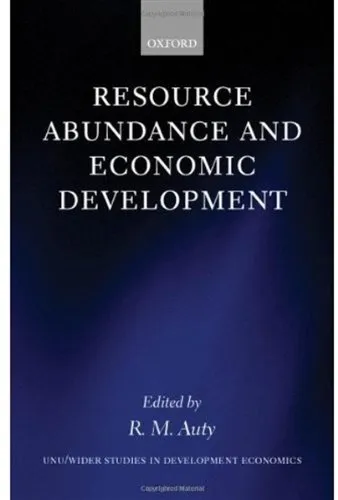
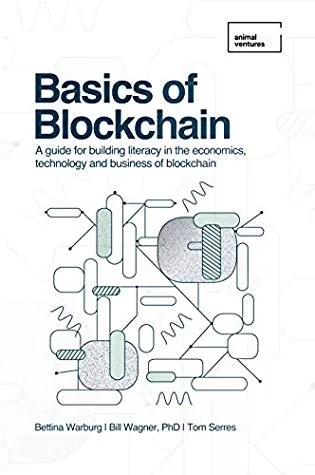
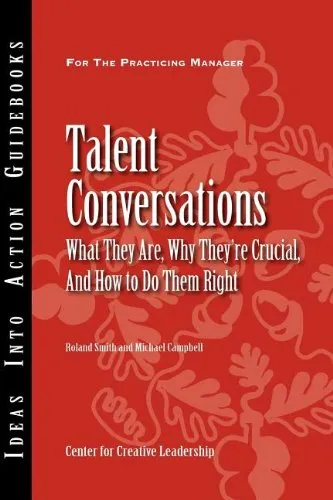


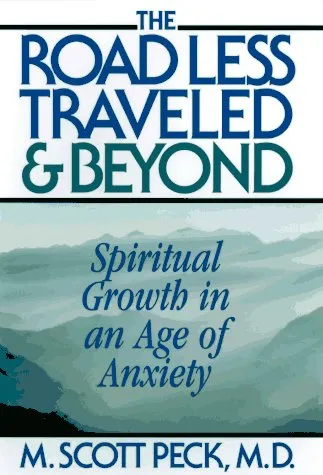
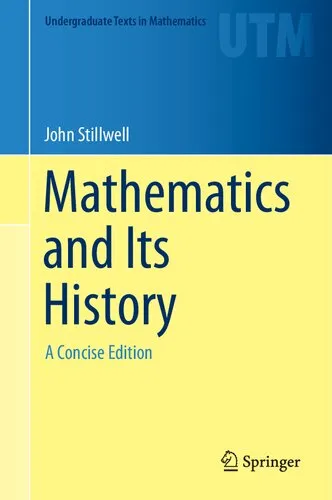
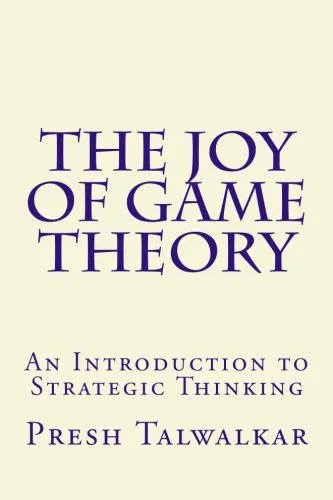
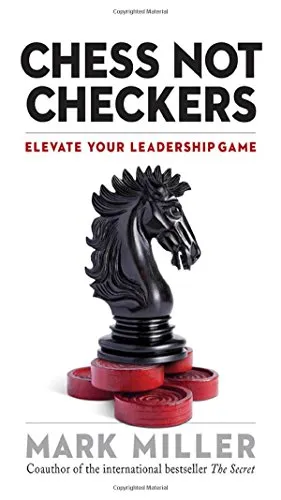
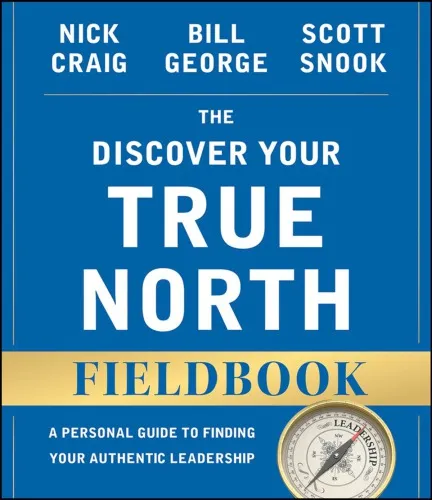

![Fundamentals Of Software Engineering, 5Th Ed [Paperback] Mall](https://s3.refhub.ir/images/thumb/Fundamentals_Of_Software_Engineering__5Th_Ed__31573.webp)
